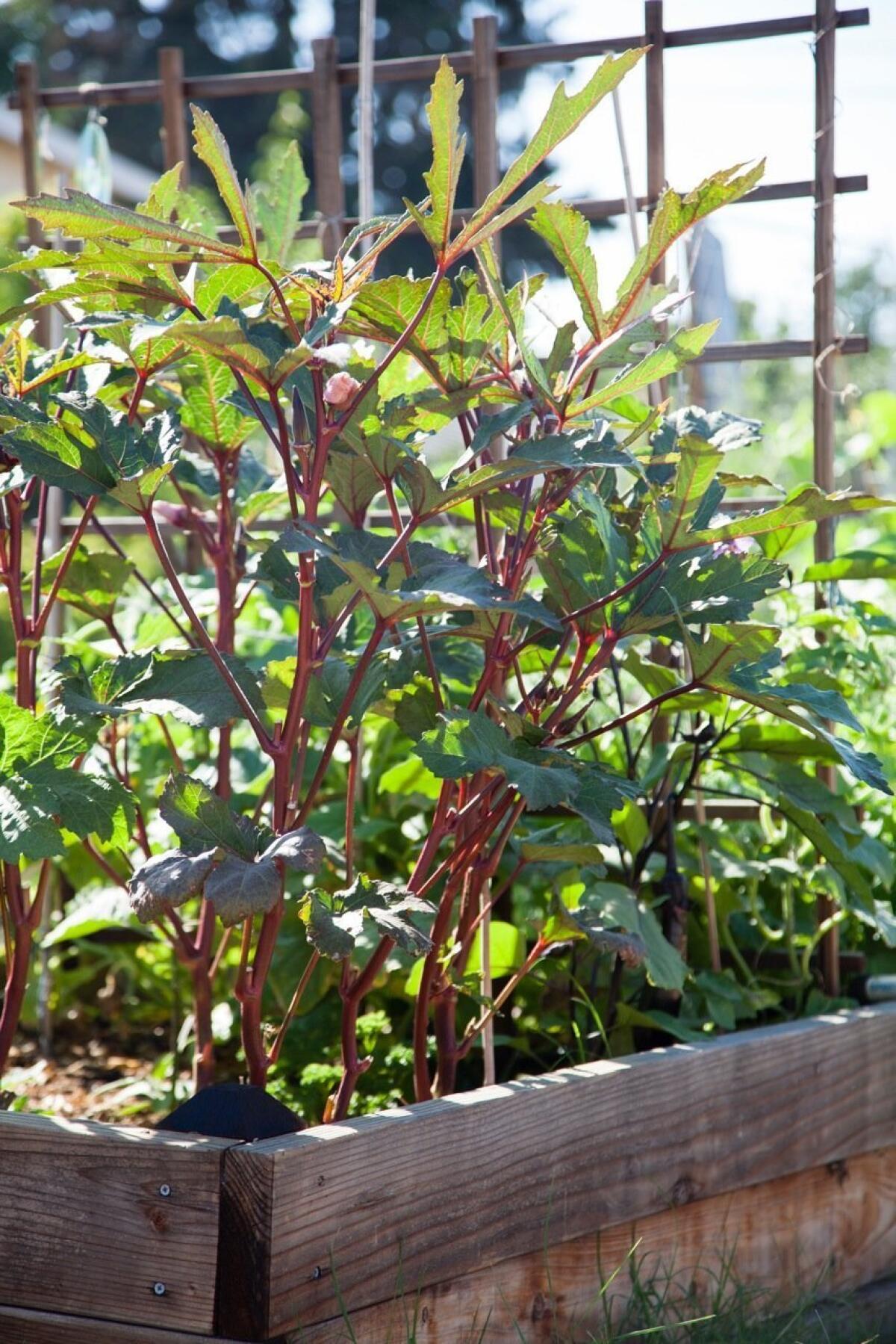Gardening, hobbies can keep older people heart-healthy, study shows

Poking around in the petunias, fixing the car or puttering around on other hobbies can cut the risk of a heart attack or stroke by more than a quarter among people 60 and older, researchers said Tuesday.
A study published in the British Journal of Sports Medicine tracked the behavior and health of nearly 4,000 people 60 and older in Stockholm for about 12 1/2 years, starting in 1997.
Specifically, the researchers looked at something called NEPA, or non-exercise physical activity. That means gardening or DIY projects as opposed to formal exercise. And in people 60 and older, that kind of activity is as good as exercise -- as long as there’s enough of it and it’s vigorous enough, the researchers said.
“The most feasible approach to reduce sedentary time is to promote NEPAs,” the researchers said. “This is particularly important for older adults as they tend to sit more compared to other age groups.”
At the start of the study, those who had active lives had a lower risk for heart problems -- no matter their level of formal exercise, the researchers said. They also had smaller waists and lower levels of such markers as harmful blood sugar.
The participants were asked about activities common in Swedish culture: performing home repairs, cutting the lawn, car maintenance, skiing, hunting and gathering mushrooms or berries, among others.
Those who took part in formal exercise were also in good shape, but that wasn’t necessary, the researchers said.
The people with the highest level of activity had an overall 27% lower risk of a heart attack or stroke and a 30% lower risk of death from all causes, compared with the most sedentary people. During the 12 1/2 years, 476 people had a heart attack and 383 died, of all causes.
Why? The researchers suggested that sitting all day lowers the metabolic rate to the minimum, while standing and moving increase it. And using muscles also probably plays a role, they said.
Public health authorities say people should engage in at least 150 minutes a week of moderate to vigorous activity. At the same time, researchers say, lots of sitting has been found to increase the risk of several diseases.
ALSO:
What’s the big deal about snakes?
Poverty doesn’t do good for the brain
Mary.MacVean@latimes.com







